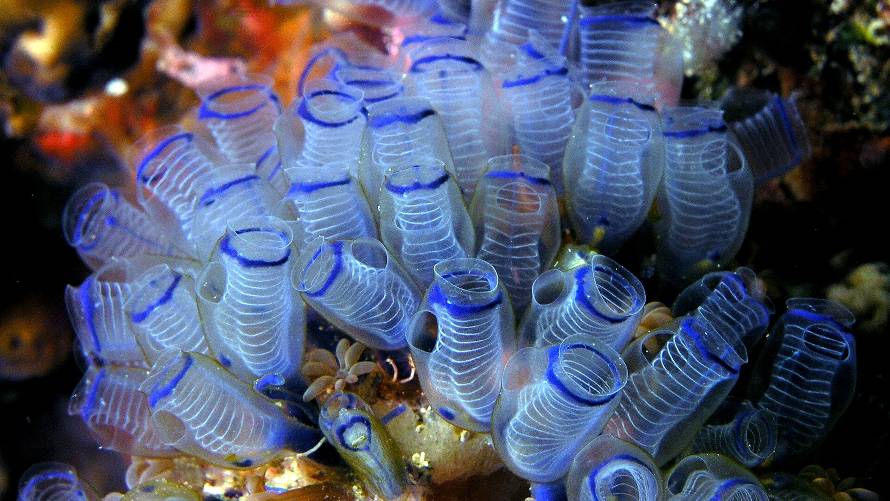Researchers have discovered how a drug derived from the sea squirt, a marine invertebrate, can effectively combat cancers that have become resistant to traditional treatments.
The drug, called trabectedin, works by causing persistent breaks in the DNA of cancer cells, ultimately leading to their death.
The study, led by Dr. Son Kook and Professor Orlando D. Scharer from the Center for Genomic Integrity within the Institute for Basic Science in South Korea, along with Dr. Vakil Takhaveev and Professor Shana Sturla from ETH Zurich, Switzerland, has shed light on the unique mechanism of action of trabectedin.
Using advanced techniques, the researchers found that trabectedin induces DNA breaks only in cells with high levels of a specific DNA repair pathway called transcription-coupled nucleotide excision repair (TC-NER). This pathway is crucial for identifying and repairing DNA damage during the transcription process.
Trabectedin disrupts the TC-NER process by allowing an initial incision by an enzyme called ERCC1-XPF but blocking the subsequent action of another enzyme, XPG. This disruption leads to long-lasting DNA breaks that ultimately kill the cancer cells.
“This incision by ERCC1-XPF creates a markable free hydroxyl group in the DNA, enabling us to sequence DNA and locate these breaks,” explains Dr. Son.
The researchers have also developed a new method called TRABI-Seq, which allows for the precise identification of the sites where trabectedin acts within the DNA of tumor cells. This method is being tested on various cancer cells to determine the effectiveness of trabectedin in targeting tumors with advanced DNA repair capabilities.
The findings of this study may help position trabectedin as both a predictive marker to identify vulnerable cancers and a therapeutic option for precision treatment. With its ability to target tumors resistant to conventional therapies, trabectedin offers hope in the fight against drug-resistant cancers with highly active DNA repair capabilities.
#PrecisionMedicine #CancerResearch #DrugResistance #SeaSquirts


